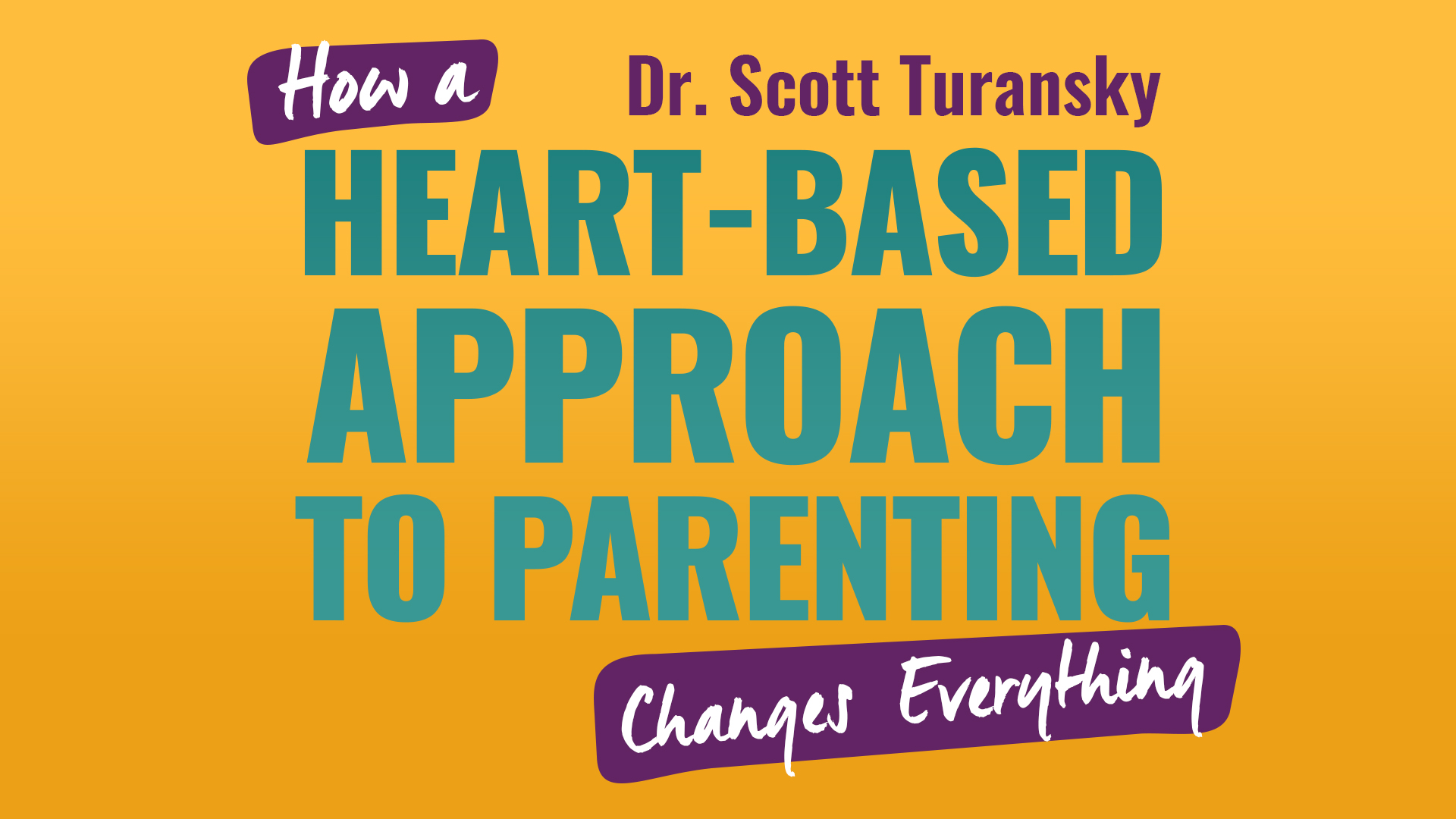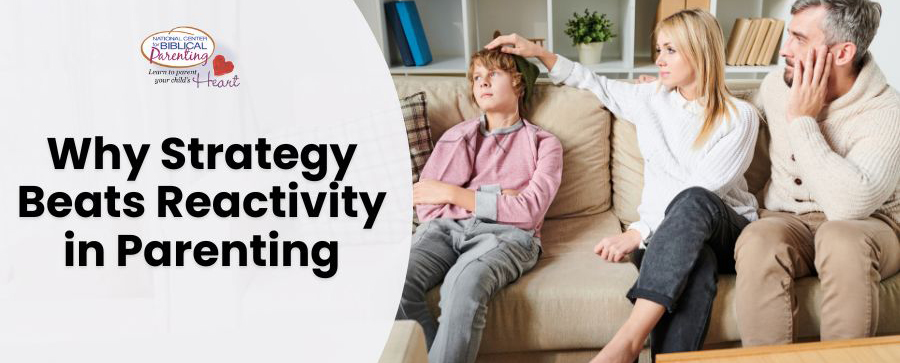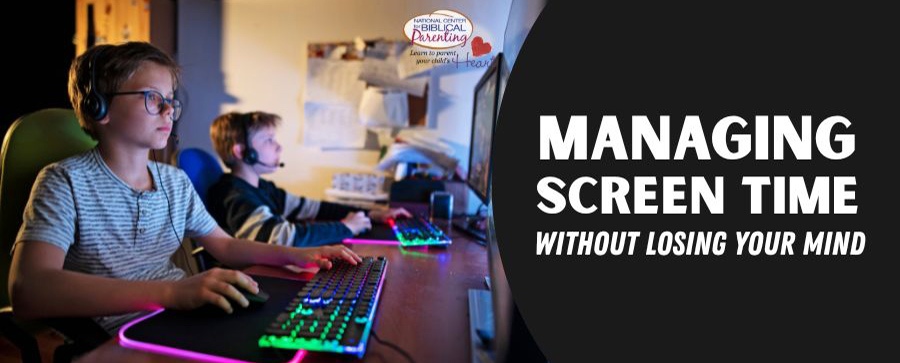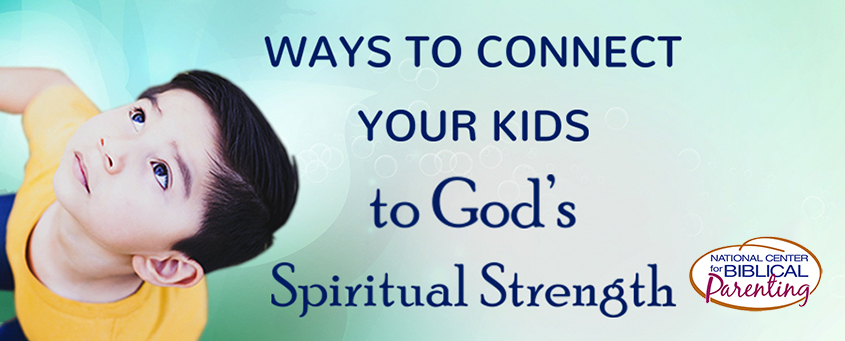How 1B – It Takes Two to Argue, But Only One To Stop
Some parenting moments feel like déjà vu.
You’re in the kitchen preparing dinner, and your child walks in, asking for something you’ve already said no to. You repeat yourself. They raise their voice. You defend your decision. Before you know it, you’re in the middle of another argument—and it feels like you’re losing control… again.
If you’ve ever found yourself in this pattern, you’re not alone. In fact, many parents tell me the hardest part of parenting isn’t making decisions—it’s enforcing them without engaging in a battle. That’s because arguing is more than just a discipline problem. It’s a relational pattern, and breaking it starts with a change in perspective.
Arguing is a Learned Pattern
Kids don’t argue because they’re bad. They argue because it works—at least sometimes.
They learn early on that if they push hard enough, wear you down, or catch you off guard, you might give in. They begin to use logic, persistence, and even emotion to try to change your mind. You may even admire their determination or verbal skill. But when the pattern becomes disrespectful or manipulative, it’s time to address the process, not just the content.
That’s what makes a heart-based approach so powerful. Rather than focusing only on behavior, you look deeper—at the patterns, tendencies, and character issues that drive the behavior.
The Key Insight: It Takes Two to Argue
This simple truth can be a breakthrough for many parents: It takes two to argue, but only one to stop.
You don’t have to join the battle.
In fact, when you choose to disengage from the emotional tug-of-war and instead focus on training, you take the high ground. You model maturity, self-control, and wise leadership. You also preserve your authority—not through power plays, but through calm conviction.
Proverbs 26:4 says, “Do not answer a fool according to his folly, or you yourself will be just like him.” When you argue back, even if you’re technically right, you’re reinforcing a pattern that undermines your influence.
Focus on the Process, Not the Issue
One of the most practical tools I teach parents is this: Shift from the issue to the process.
When your child argues, stop discussing the topic (the dirty socks, the screen time, the bedtime) and instead comment on how they’re treating you. That’s where the real training opportunity lies.
Try saying something like:
- “We’re not talking about the tablet anymore. We’re talking about how you’re responding to me.”
- “I can see you’re disappointed, but talking to me that way is not okay.”
- “You may not like my decision, but arguing won’t change it. Let’s talk later when you’re calm.”
By drawing attention to how they’re interacting, you help your child become more aware of their tone, their words, and their emotional reactions. That’s heart-based parenting in action.
Calm is Powerful
You may feel like you have to “win” the argument to assert your authority. But often, the real victory is staying calm.
It’s in your calmness that your child sees strength. It’s in your refusal to be baited that they realize there’s a better way. And it’s in your thoughtful follow-up later that they begin to understand what maturity looks like.
2 Timothy 2:23 reminds us, “Don’t have anything to do with foolish and stupid arguments, because you know they produce quarrels.” As a parent, you’re not just trying to end an argument—you’re trying to build character.
Train Instead of React
When kids argue, it’s easy to react in frustration. But what if, instead, you saw it as a training opportunity?
That changes everything.
Now you’re not just trying to get through the moment. You’re thinking about what you want your child to learn. For example:
- When a child hears “no” and starts to argue, train them to say, “I’m disappointed, but I’ll be okay.”
- When they don’t want to do something, teach them to respond with, “Okay, Mom,” and do it anyway.
- When they’re corrected, help them learn to say, “I was wrong. I’ll try to do better.”
These are simple scripts, but they reinforce powerful heart attitudes: acceptance, cooperation, humility. And when practiced repeatedly, they form habits that last a lifetime.
You Can Start Today
If you’re tired of arguing, don’t just look at your child. Look at the pattern.
Where does it usually start? What draws you in? What could you say or do differently next time?
Take a moment to reflect:
- What triggers your emotional reaction during arguments?
- What might it look like to stay calm instead of reacting?
- What heart qualities does your child need to develop to argue less?
Change doesn’t happen overnight. But each time you choose training over engaging, you’re moving in the right direction.
The Bigger Picture Arguing is a normal part of family life—but it doesn’t have to control your home. By stepping out of the cycle and focusing on heart-based solutions, you give your child something much more valuable than just a “yes” or “no.” You give them character training that will serve them for life.











Leave a Reply
Want to join the discussion?Feel free to contribute!